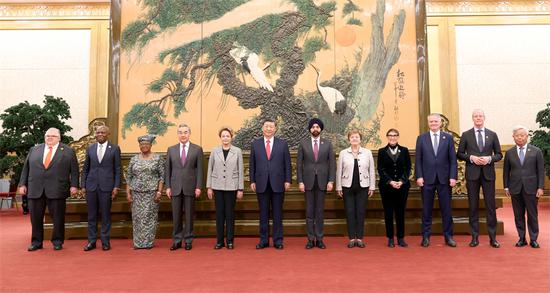
President Xi Jinping and heads of major international economic organizations, who attended the"1+10" Dialogue, pose for a photo on Tuesday in Beijing.(FENG YONGBIN/CHINA DAILY)
President Xi Jinping reaffirmed on Tuesday China's commitment to expanding opening-up and aligning itself with high-standard international economic and trade rules, while warning that tariff wars, trade wars and technology wars "produce no winners".
Meeting with heads of 10 major international economic organizations in Beijing, the president stressed that countries should see each other's development as opportunities, rather than challenges, and treat each other as partners, rather than rivals.
He elaborated on his vision that humanity is a closely entwined community with a shared future. "Countries are not riding separately in some 190 small boats, but are rather all aboard a giant ship on which their shared destiny hinges."
The president emphasized the importance of building an open world economy through cooperation.
It is important to drive development through innovation, seize the important opportunities presented by the digital economy, artificial intelligence and low-carbon technology, foster new sources of economic growth and support the cross-border flow of knowledge, technology and talent, he said.
He criticized moves such as building a "small yard with high fences", decoupling and the disruption of supply chains, warning that such actions "bring harm to others without benefiting oneself".
Instead of a risk, countries should take economic interdependence as a good thing that enables all to draw on each other's strengths for mutual benefit and win-win results, he pointed out.
Andy Mok, a senior research fellow at the Center for China and Globalization, said that Xi's remarks at the meeting lay bare a stark reality — the zero-sum game, as well as trade and tech battles, fly in the face of history's lessons and basic economic logic. "It's time to move past the destructive illusion of decoupling and invest in the hard but necessary work of forging a lasting, cooperative path forward," he said.
The heads of the 10 economic organizations were in Beijing for the "1+10" Dialogue, a mechanism aimed at enhancing their policy communication with China.
President of the New Development Bank Dilma Rousseff, Managing Director of the International Monetary Fund Kristalina Georgieva, President of the World Bank Group Ajay Banga and Director-General of the World Trade Organization Ngozi Okonjo-Iweala spoke on behalf of the 10 organizations.
They applauded China's economic achievements, particularly its strides in poverty alleviation and technological innovation, and described the country as a crucial engine and anchor of global growth and a staunch defender of multilateralism.
With the world facing rising unilateralism and protectionism, countries around the globe are looking to China, with the hope and confidence that the nation will continue to function as the most important engine of global growth, the economic leaders said.
The event came as Xi presided over a key leadership meeting on Monday to map out priorities for China's economic policies next year, fueling expectations that Beijing is set to roll out greater support for the economy in 2025.
The president struck an upbeat tone on the Chinese economy on Tuesday, saying that the nation has full confidence in meeting this year's growth target and in continuing to serve as the biggest engine of world economic growth.
China has set a target of maintaining GDP growth of around 5 percent this year and creating at least 12 million new urban jobs.
As for the Belt and Road Initiative, Xi told the economic leaders that as a doer and go-getter, China has been hammering away at advancing Belt and Road cooperation and building bridges for the common development of China and the world.
The nation welcomes international economic organizations to continue their active participation in BRI cooperation, and jointly promote the modernization of all countries featuring peaceful development, mutually beneficial cooperation and common prosperity, he said.
As for China-US relations, Xi reiterated Beijing's readiness to maintain dialogue, expand cooperation and manage differences with the US government and work for the steady, sound and sustainable development of ties with Washington.
China will stay focused on managing its own affairs well, and resolutely safeguard its sovereignty, security and development interests, he told the economic leaders. Meanwhile, China's determination to advance high-level opening-up will not change, he added.
On global economic governance, Xi urged the organizations to actively engage in and push for reforms of the global economic governance system, to make it more just and equitable and reflective of the changing world economic landscape, and increase the representation and voice of Global South countries.
Mok, the research fellow, highlighted the significance of direct engagement between the Chinese leadership and the world's major economic organizations.
"Such direct engagement enables China's leaders to align priorities with global decision-makers, reduce misunderstandings, and reinforce a rules-based economic order that benefits all. This also reflects China's commitment to being a responsible global partner."








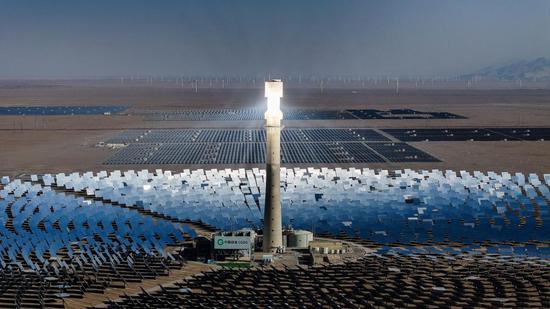


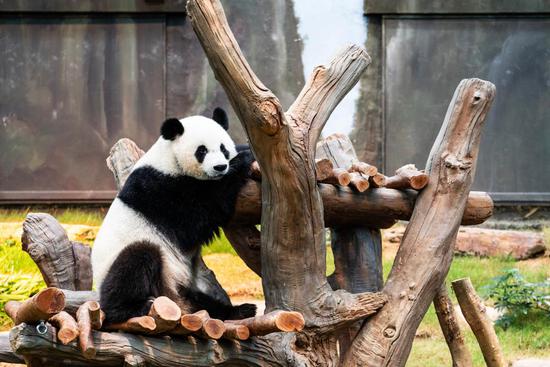



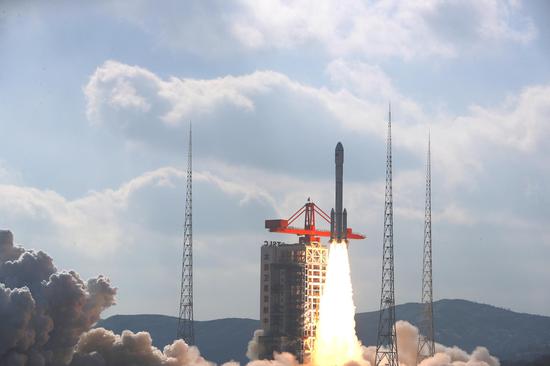



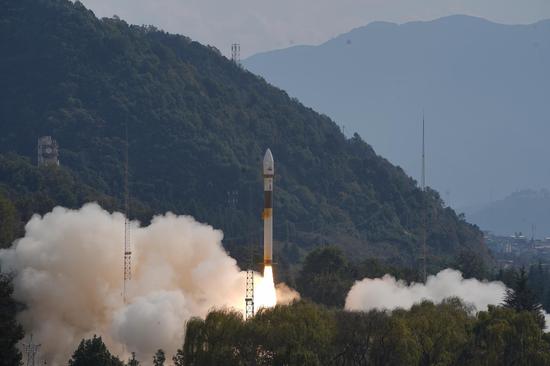

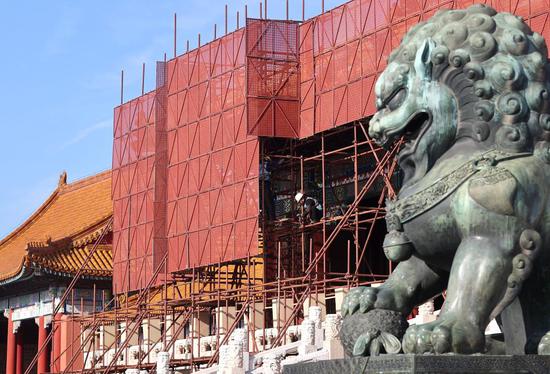
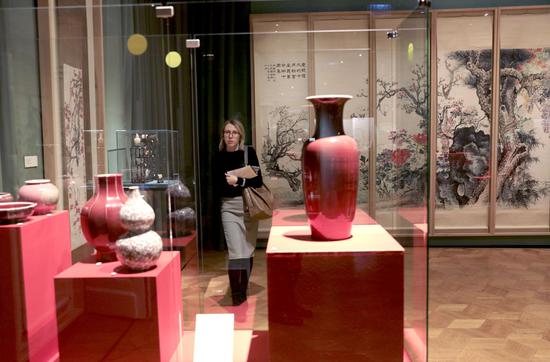

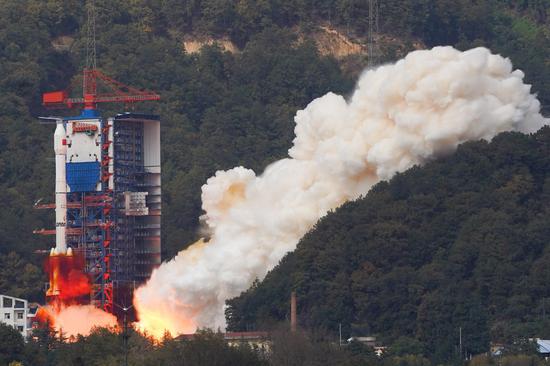
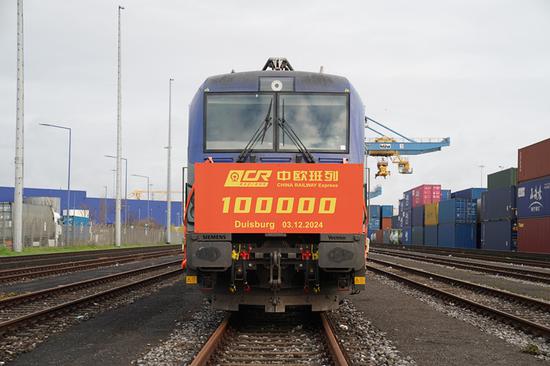
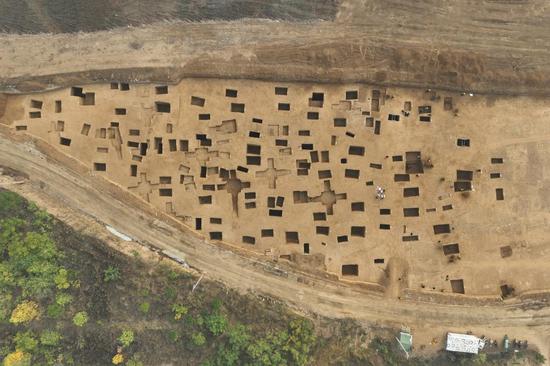
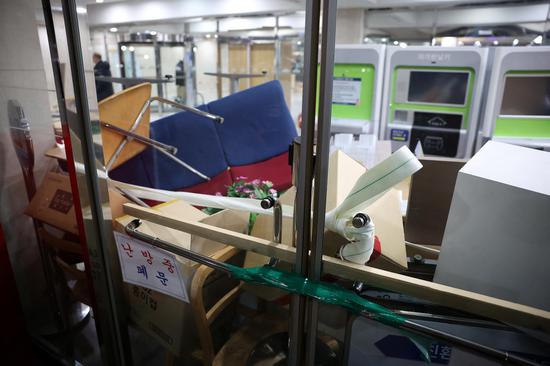
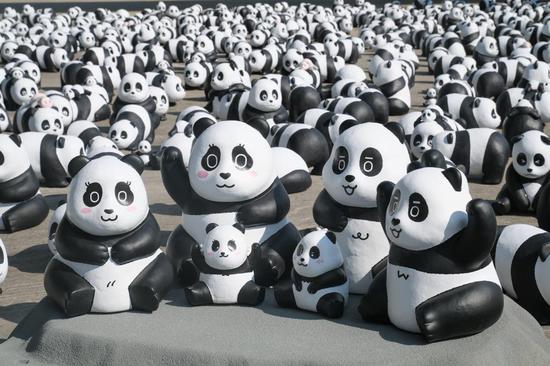



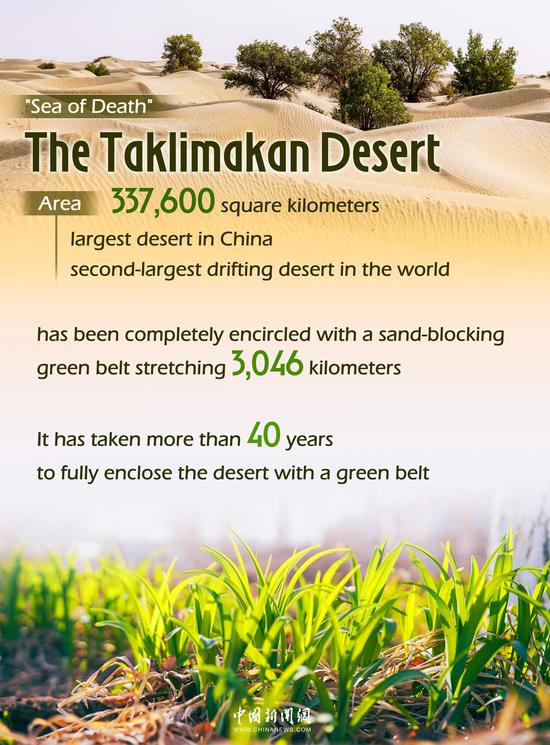
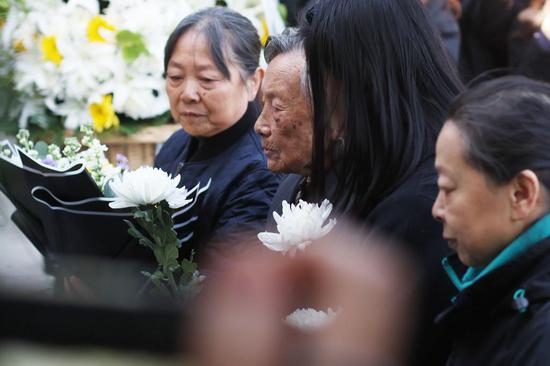

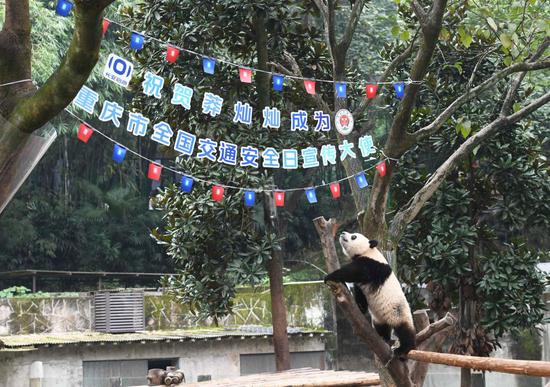
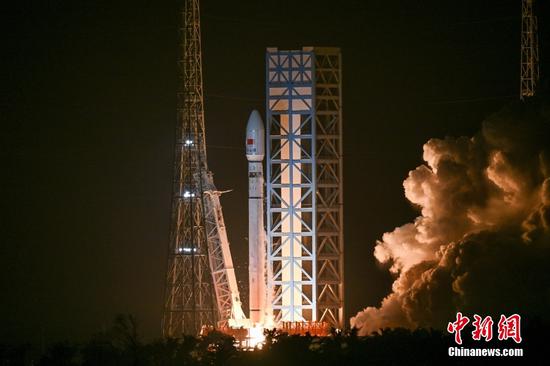

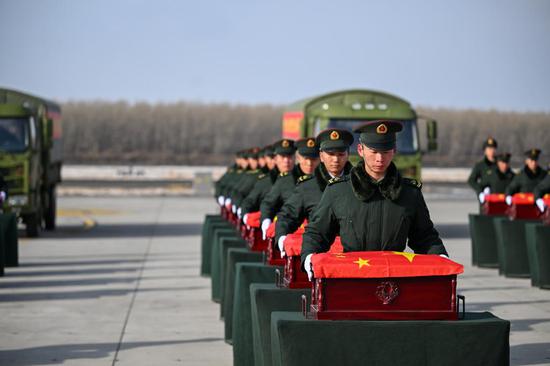
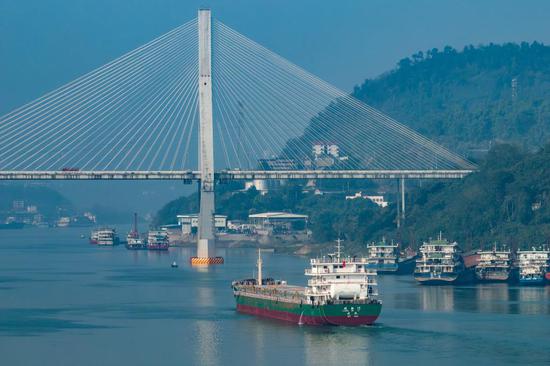
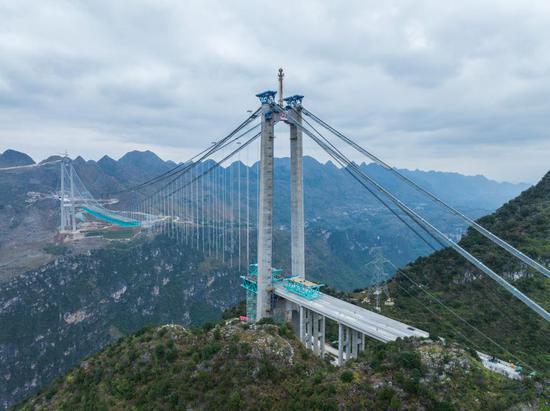

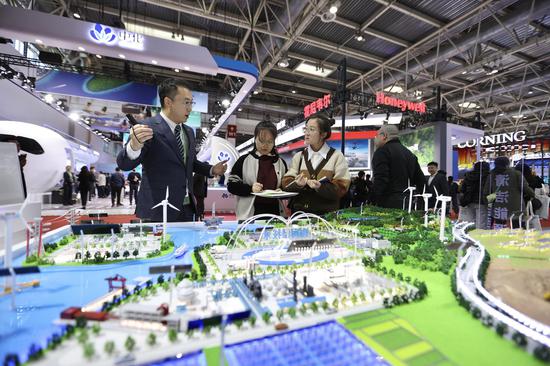
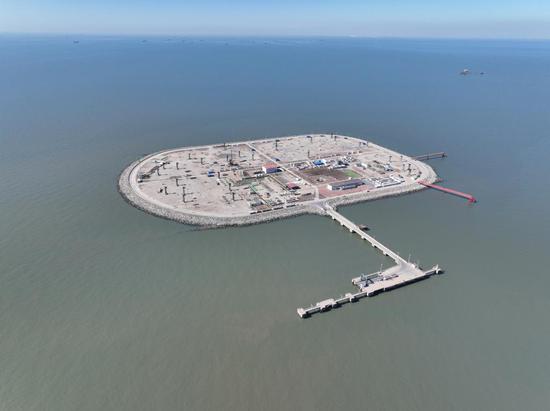


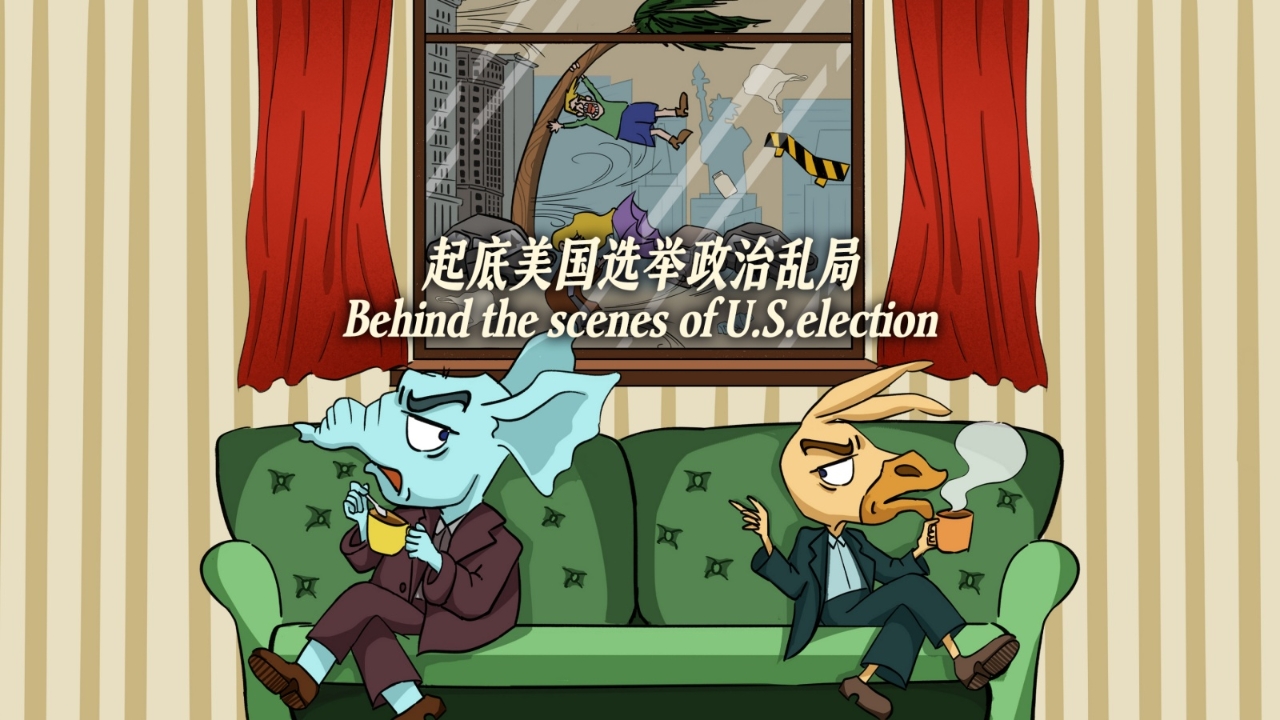



 京公网安备 11010202009201号
京公网安备 11010202009201号